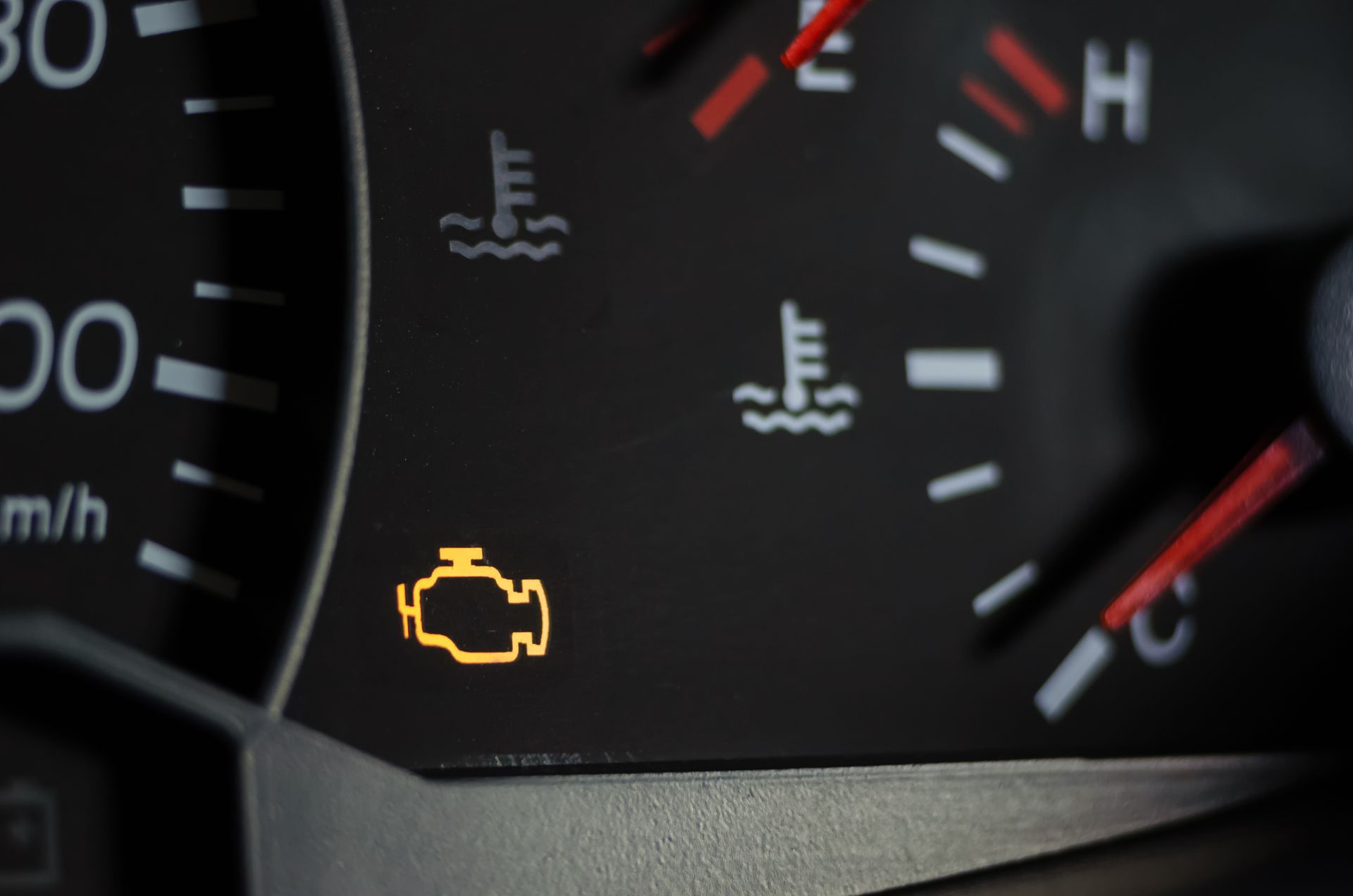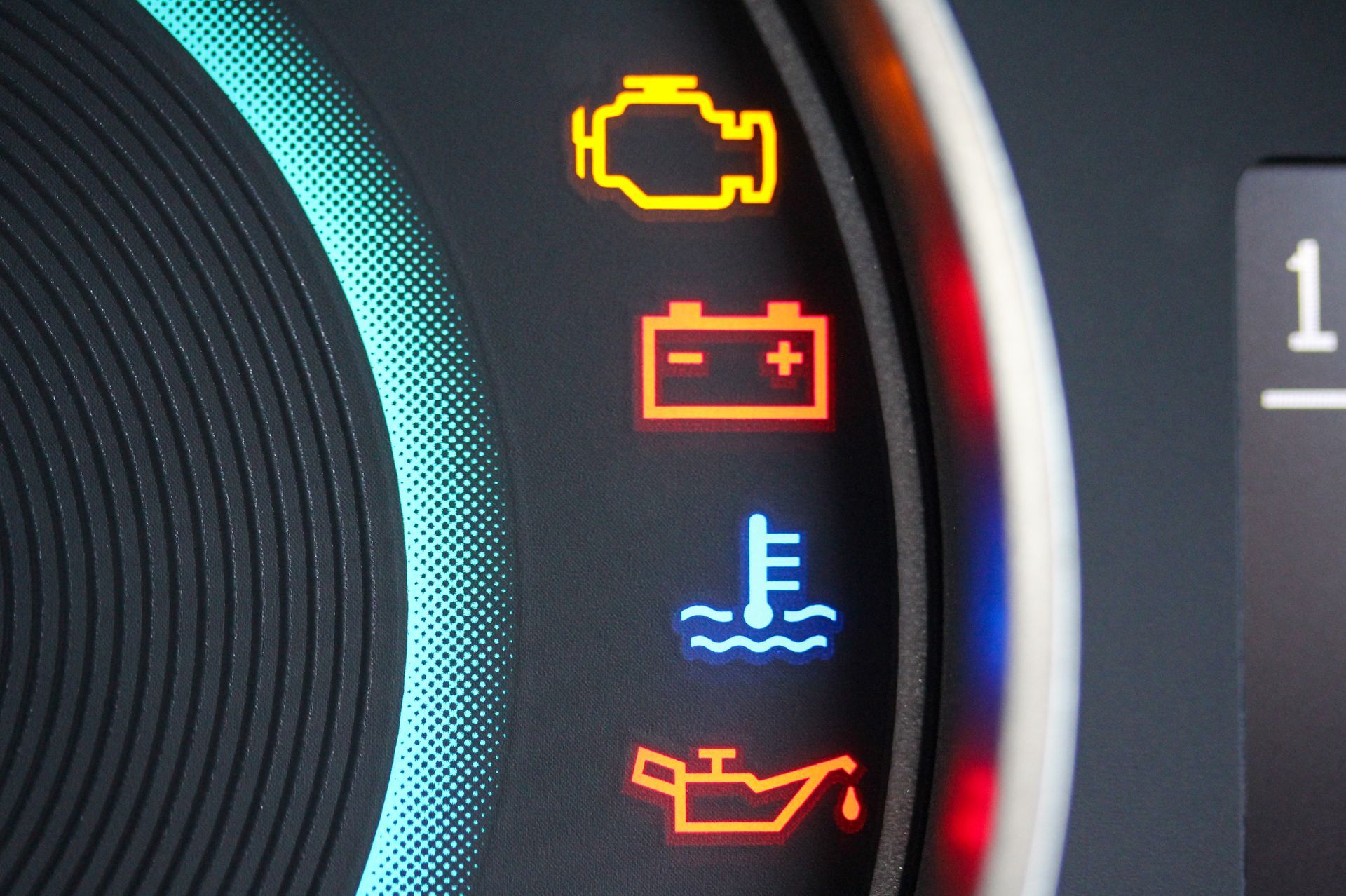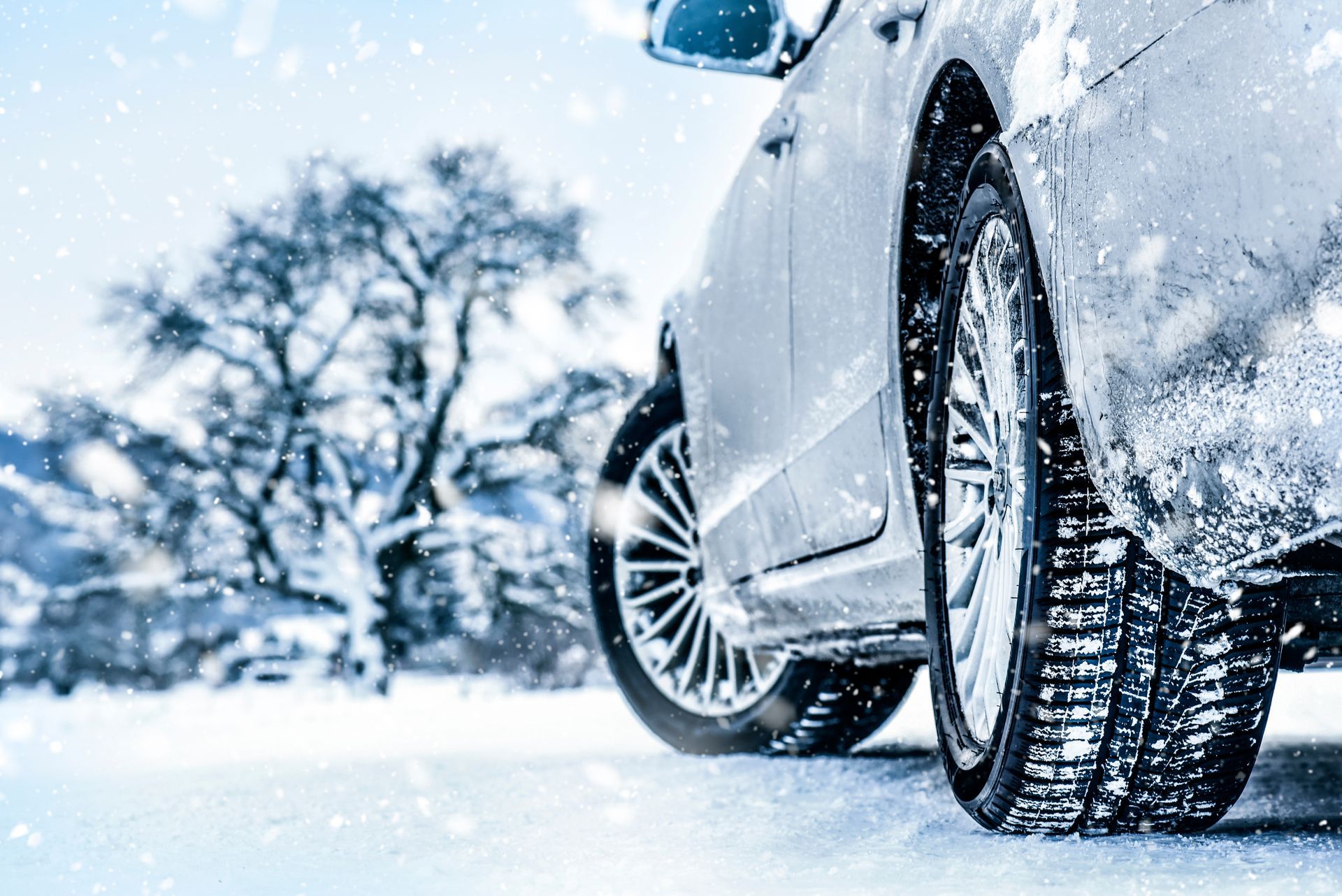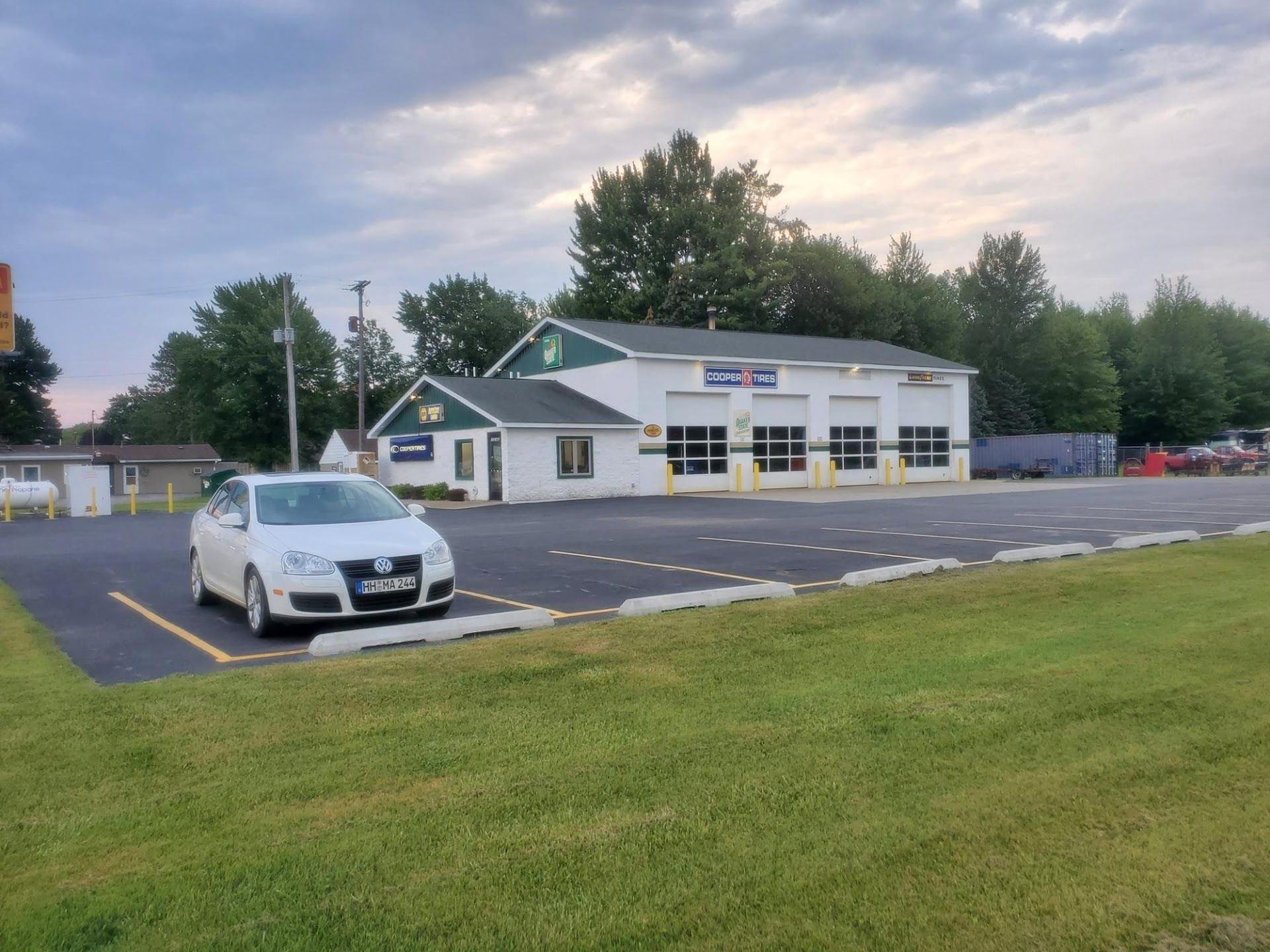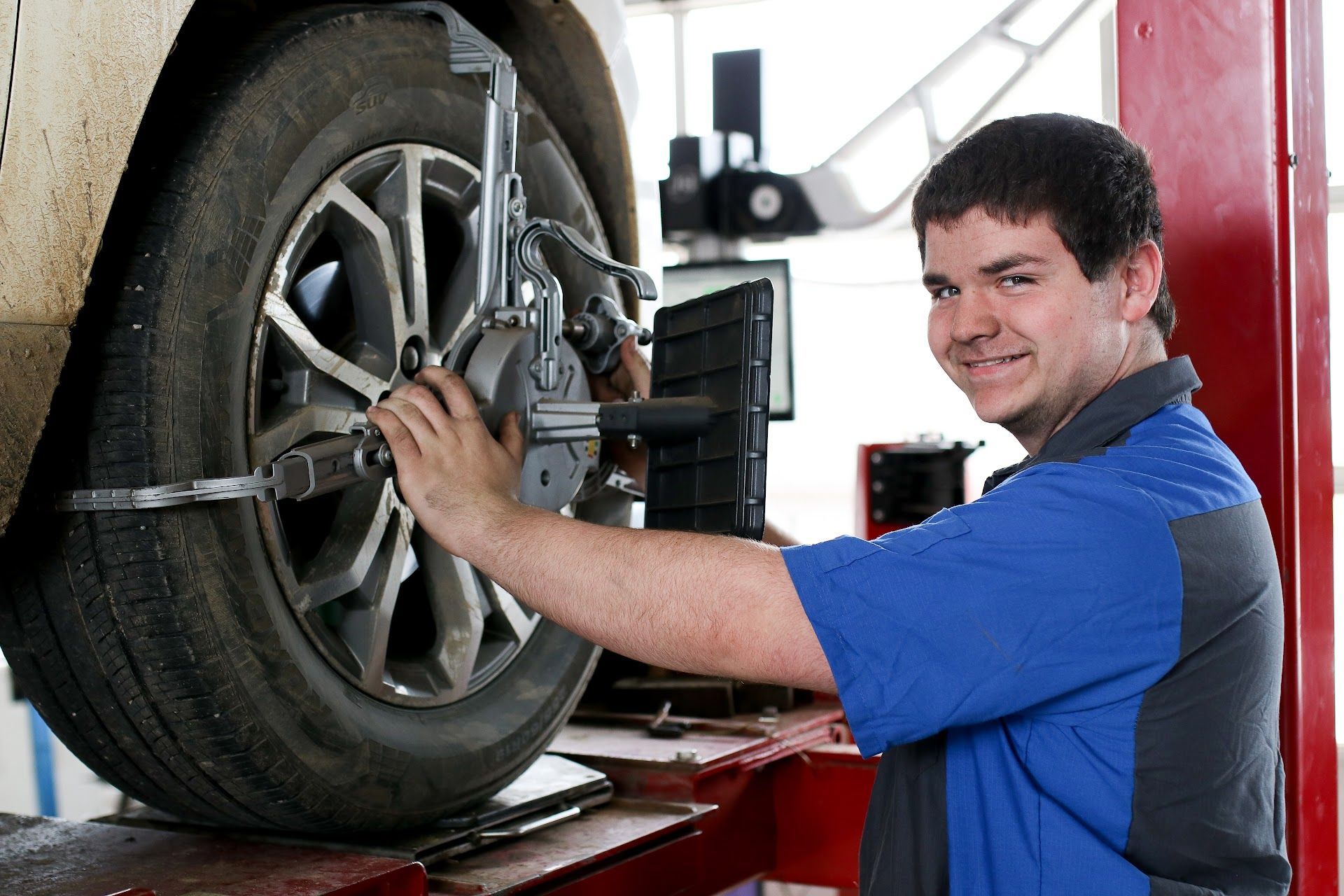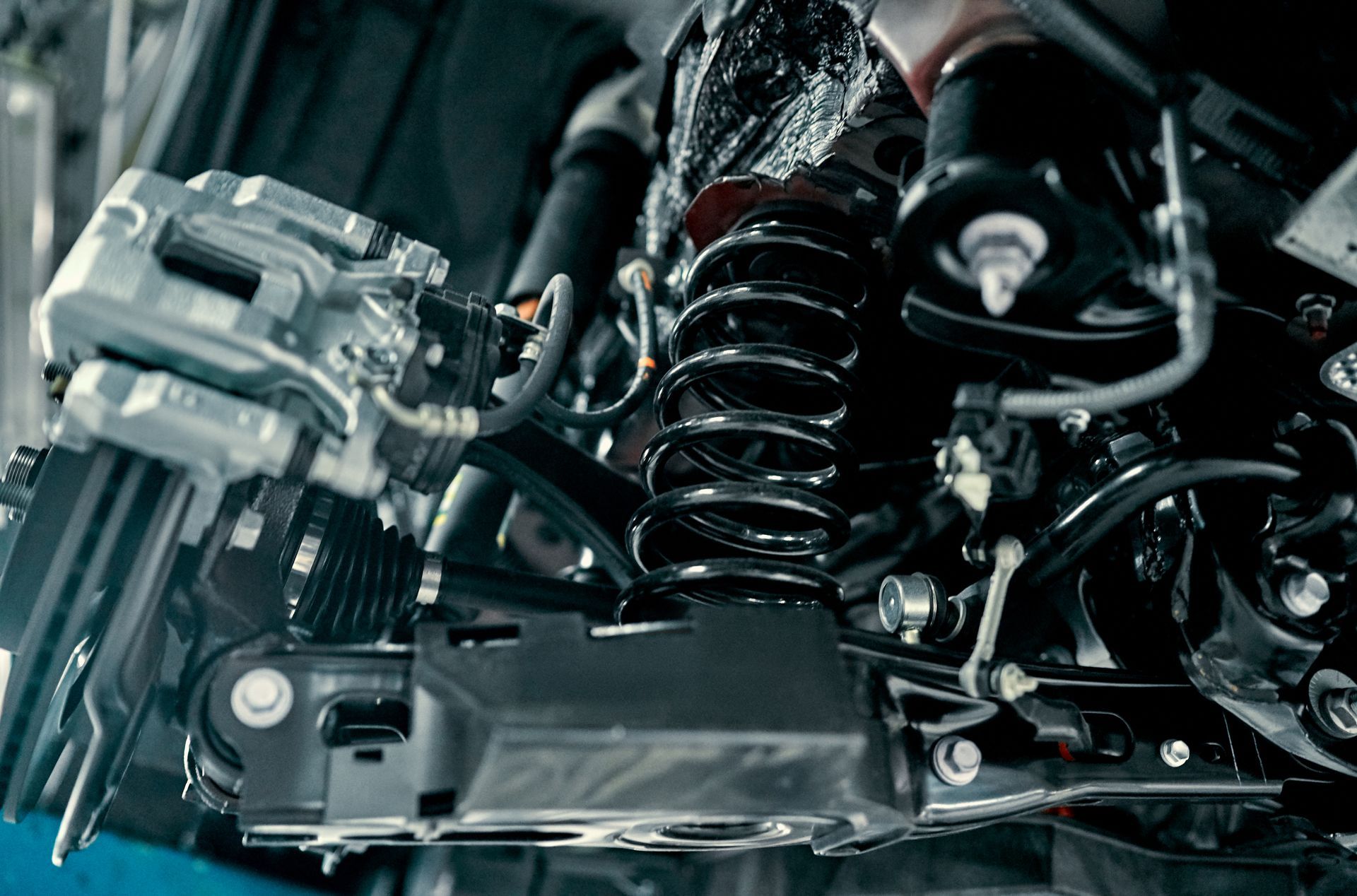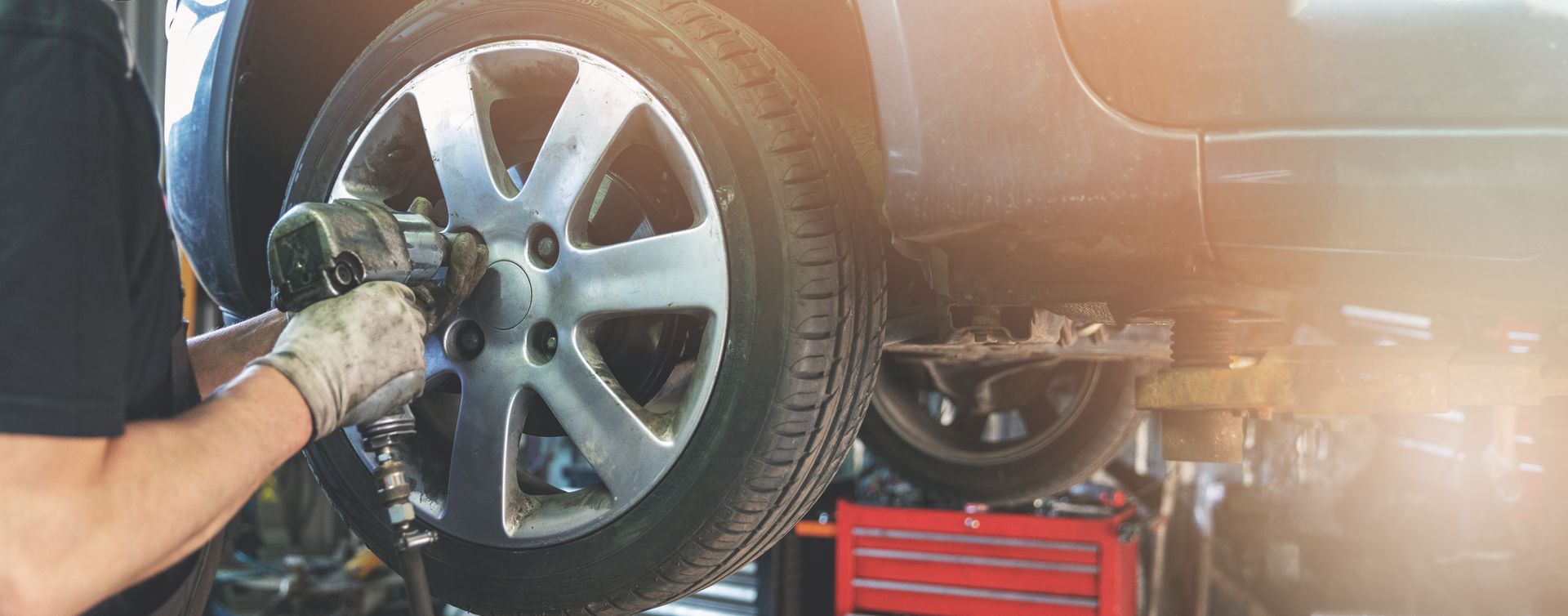Recognizing Brake Problems After Heavy Summer Driving in Hemlock
Summer driving in Michigan puts serious demands on your vehicle's braking system. Between family road trips, stop-and-go traffic during peak vacation season, and the heat radiating from sun-baked pavement around Hemlock, your brakes have been working overtime for months. Now that summer is winding down, it's crucial to recognize the warning signs that indicate your brakes need attention.
Brake problems don't always announce themselves dramatically. Often, the signs are subtle at first, becoming more obvious as wear progresses. Learning to identify these early warning signals can save you money, prevent dangerous situations, and ensure your family's safety as driving conditions change with the seasons.
Listen for Unusual Sounds
Your brakes communicate their condition through various sounds, and summer's heavy use often reveals developing problems. Pay attention to what you hear during normal braking situations.
Squealing or squeaking noises are often the first sign of brake pad wear. Most brake pads have small metal indicators that create a high-pitched squeal when the pad material gets thin. This sound typically occurs when you're lightly applying the brakes and may disappear when you press harder.
Grinding or scraping sounds indicate more serious wear. This noise suggests your brake pads are completely worn, and the metal backing plate is making contact with the rotor. Continuing to drive with grinding brakes can cause expensive rotor damage.
Clicking or rattling when braking might indicate loose brake components or worn hardware. These sounds often develop after months of heat cycles and vibration from summer driving.
Hemlock drivers should pay special attention to brake sounds after returning from weekend trips to the lakes or extended highway driving, as these conditions accelerate brake wear.
Feel for Performance Changes
Your brake pedal provides important feedback about your braking system's condition. Summer heat and heavy use can cause changes in how your brakes feel and respond.
Spongy or soft pedal feel suggests air in the brake lines or brake fluid contamination. Hot summer temperatures can cause brake fluid to absorb moisture, reducing its effectiveness and creating a mushy pedal sensation.
Hard pedal that requires extra pressure might indicate worn brake pads, contaminated brake fluid, or problems with the brake booster system. If you find yourself pushing harder to achieve normal stopping power, have your brakes inspected immediately.
Vibration through the brake pedal or steering wheel often signals warped brake rotors. Summer heat cycles from repeated braking can cause rotors to warp, creating pulsing sensations during braking.
Pedal that sinks slowly to the floor when held under steady pressure indicates internal leaks in the brake system – a serious safety concern requiring immediate attention.
Watch for Visual Warning Signs
Several brake problems can be spotted through visual inspection, even by drivers without mechanical experience. Regular visual checks help catch problems early.
Brake dust accumulation on wheels is normal, but excessive amounts or unusual colors might indicate accelerated pad wear. Dark, heavy brake dust often suggests your pads are wearing quickly.
Scored or grooved rotors visible through wheel spokes indicate the rotors have been damaged by worn brake pads. Deep grooves or scoring means rotor replacement will likely be necessary.
Brake fluid leaks appear as dark spots under your parked vehicle near the wheels. Brake fluid is typically clear to light brown when fresh but darkens with age and contamination.
Uneven tire wear patterns can indicate brake problems causing one wheel to work harder than others, resulting in premature tire wear on specific areas.
Notice Changes in Vehicle Behavior
Brake wear affects more than just stopping power – it can change how your vehicle behaves during normal driving and braking situations.
Car pulling to one side during braking suggests uneven brake wear or brake fluid contamination on one side. This condition becomes more dangerous in wet conditions common during Michigan's fall weather.
Longer stopping distances indicate overall brake system deterioration. If you notice you need more distance to stop safely, especially after summer's demanding driving conditions, brake inspection is essential.
Vehicle nose-diving excessively when braking might indicate worn suspension components or brake system problems affecting weight transfer during stops.
Brake warning lights on your dashboard should never be ignored. Modern vehicles have sophisticated monitoring systems that detect brake problems and alert drivers through warning lights.
Heat-Related Brake Problems
Summer driving creates specific brake problems related to excessive heat buildup. These issues often become apparent as temperatures begin cooling in late summer and early fall.
Brake fade during repeated stops occurs when brake components overheat and lose effectiveness. This problem is common after mountain driving, repeated heavy braking, or towing heavy loads during summer vacations.
Warped rotors from heat cycling happen when hot rotors are cooled rapidly, such as driving through puddles after heavy braking or washing a hot car. The resulting warpage causes vibration and uneven braking.
Contaminated brake fluid breaks down faster in extreme heat, absorbing moisture and losing its ability to transfer force effectively. Contaminated fluid often appears dark brown or black instead of clear or light amber.
Glazed brake pads develop a hard, shiny surface from excessive heat that reduces their ability to grip rotors effectively. Glazed pads often cause squealing and reduced stopping power.
When Summer Driving Accelerates Wear
Certain summer driving conditions common around Hemlock and mid-Michigan put extra stress on brake systems, making fall inspection even more important.
Extended highway driving followed by sudden stops for construction zones or traffic puts thermal stress on brake components. Interstate 75 and other major routes see heavy summer traffic requiring frequent speed changes.
Towing boats or trailers to Michigan lakes significantly increases brake wear. The extra weight requires more braking force and generates additional heat in the brake system.
Mountain driving during summer vacations subjects brakes to repeated heavy use on descents. Even moderate hills can cause brake overheating when repeated frequently.
Stop-and-go traffic during peak vacation season creates constant brake use without allowing components to cool properly between applications.
Don't Ignore Early Warning Signs
Brake problems rarely improve on their own and typically worsen rapidly once they begin. Early intervention saves money and prevents dangerous situations.
Address squealing immediately before it progresses to grinding. Replacing brake pads early costs much less than replacing both pads and rotors later.
Investigate any pedal changes promptly, as brake system problems can develop quickly and compromise safety.
Schedule inspection after demanding summer driving even if you haven't noticed obvious problems. Professional inspection can catch developing issues before they become emergencies.
Professional Brake Inspection Benefits
While some brake problems are obvious, others require professional equipment and expertise to detect. A comprehensive brake inspection provides peace of mind and catches problems early.
Professional inspection includes:
- Brake pad thickness measurement
- Rotor condition and thickness evaluation
- Brake fluid contamination testing
- Brake line and hose inspection
- Brake system pressure testing
- Electronic brake system diagnostics
Hemlock's changing weather conditions make reliable brakes essential. Professional inspection ensures your brake system is ready for fall rains and eventual winter driving challenges.
Don't Gamble with Brake Safety
Your brakes are your vehicle's most important safety system, and summer's demanding conditions may have compromised their effectiveness. At Hemlock Auto & Alignment, our certified technicians provide comprehensive brake inspections and repairs using quality parts and professional equipment.
We specialize in all brake system components, from pads and rotors to brake fluid service and hydraulic system repairs. Our dealer-level diagnostics can identify problems that might be missed during basic inspections, and our 36-month/36,000-mile warranty protects your investment.
Concerned about your brakes after summer driving? Call Hemlock Auto & Alignment at (989) 642-4423 or schedule online for a complete brake system evaluation today. Don't wait for brake problems to become dangerous – let our experienced team ensure your family's safety with reliable, properly maintained brakes that are ready for any road condition.
